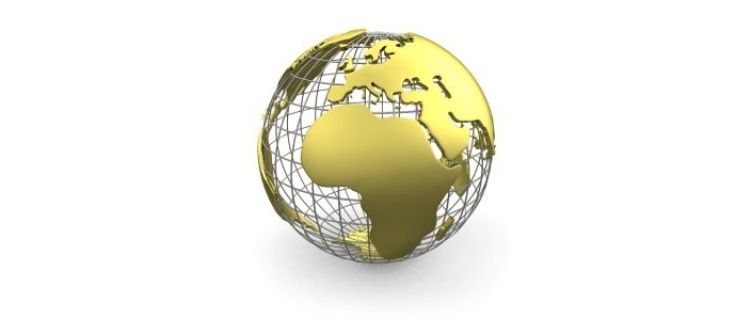Are you overlooking translation opportunities in the african market?
According to a recent report by the United Nations, Africa is home to 10 of the world’s 15-fastest growing economies. In spite of this, a lack of information across the continent is slowing the potential development in and among African countries.
With 2,000 languages spoken, it’s no wonder translators and businesses struggle to keep up. In Nigeria alone, there are over 500 different languages.
Translation has prevented many businesses from tapping into this potential-filled market. Many companies overlook Africa because of the challenging politics in the region and the diverse linguistic needs. However, as the market continues to grow, more businesses are seeing tremendous potential in this region of the world.
Why Africa?
In the past, many businesses have struggled with whether or not to enter the African market for a variety of reasons:
-
Illiteracy is a major concern, making written translation less effective.
-
With so many languages spoken across the continent, it is difficult to know where to focus.
-
Political differences have made working in this market extraordinarily difficult.
As the market moves in the right direction, many companies are changing their tune. There are certain industries that stand to benefit more than others by focusing efforts on the African market.
Health concerns, a greater need for help from charitable organizations, and increased access to technological tools makes Africa a prime market for business.
Communication within the African market
Most Africans are multilingual. They need to speak multiple languages to bridge the gap between communities. The most common languages spoken between communities are Afrikaans, Swahili and Arabic.
Translators are starting to become more utilized in Africa to better fuel communication within this growing market. Although most of these translators live and work in South Africa, many of them were born in other African countries. This makes it easier for them to speak and understand a variety of languages at a mother tongue level.
Still, challenges remain. For example, many words are difficult to translate from English to one of the dominant languages. Common terms, such as “cancer” and “clinical depression” have no direct equivalent in African languages. This poses a significant challenge to the translator. To overcome this translation barrier, many companies offer increased explanation of each term.
Health-related needs are a priority in Africa
Perhaps the industry that stands to benefit most by tapping into the African market is life sciences. This industry is perhaps also the most needed in this part of the world.
The most urgent health-related concerns highlighted in the media include Ebola and other infectious diseases. This has stopped some drug and medical device companies from entering the African market because they did not see a direct need. Many Africans also suffer from high blood pressure, heart disease, and diabetes. With translation of health-related materials specific to these problems, American-based pharmaceutical and medical device companies can help more Africans can get what they need to live a healthier life.
The Common Sense Advisory conducted a survey recently of translators in Africa. In their findings, they said, “When we asked respondents how African language speakers prefer to receive health-related materials, the vast majority (67.85%) said that a combination of spoken and written information was preferred.” They also noted that 15% of respondents said that they prefer written format over spoken format.
What this data tells us is that the population of Africa wants more written information from health-care companies. And you might just be the company to comply.
Governments, non-profits, and associations lead the way in Africa
The health industries struggle to reach Africa due to strict political controls. With charities sending more resources to this corner of the world and paving the way, pharma and medical device companies have a path carved out to reach the African market.
To have the maximum impact in Africa, organization is critical. Translation makes organization easier to achieve.
Health industries must have their materials translated so that they can communicate better with the African population. With these translated materials and information in hand, charitable organizations can do greater work in Africa. Volunteers and workers in this region of the world will have the necessary resources to work closer with the local communities, providing the care needed.
As a business, having your materials translated into one of the top three languages spoken in Africa is vital. With materials written in a language that the population can understand, you can reach a wider demographic of people who need your services.
Image: PhotoSpin



